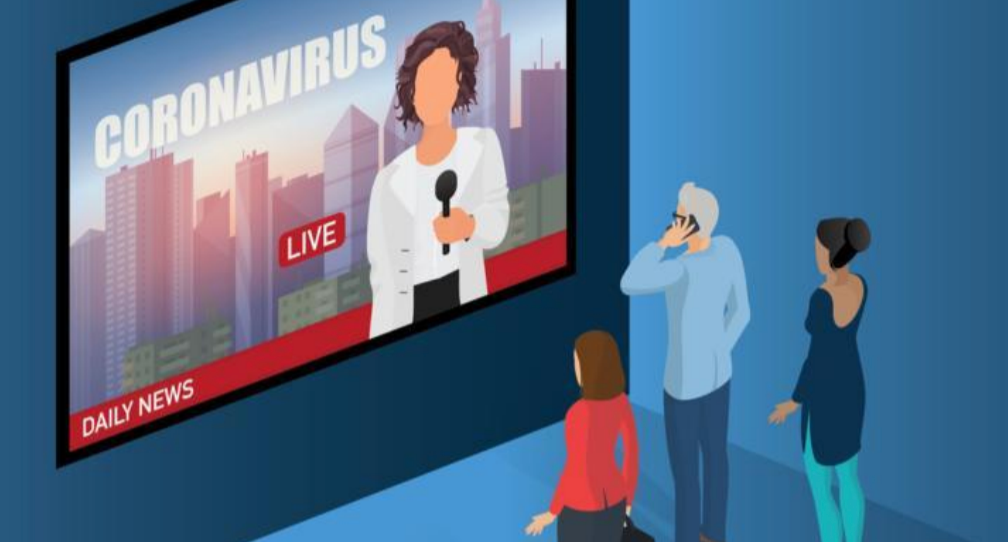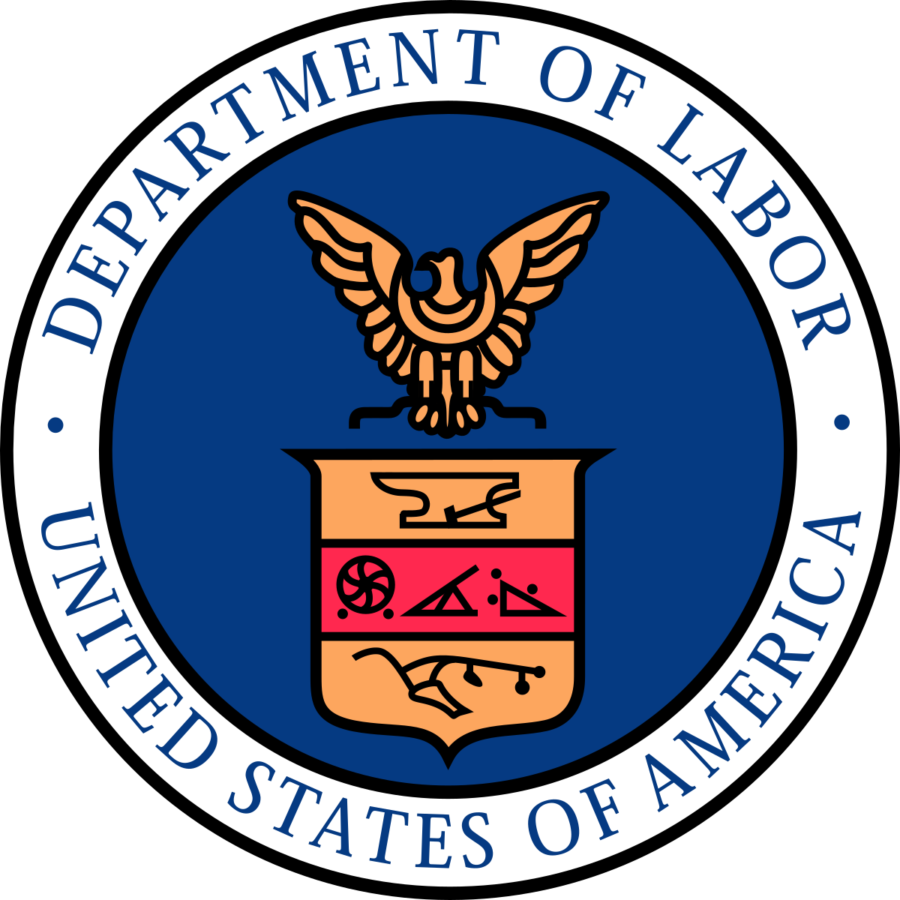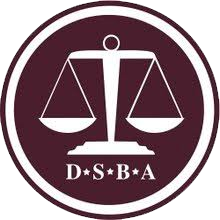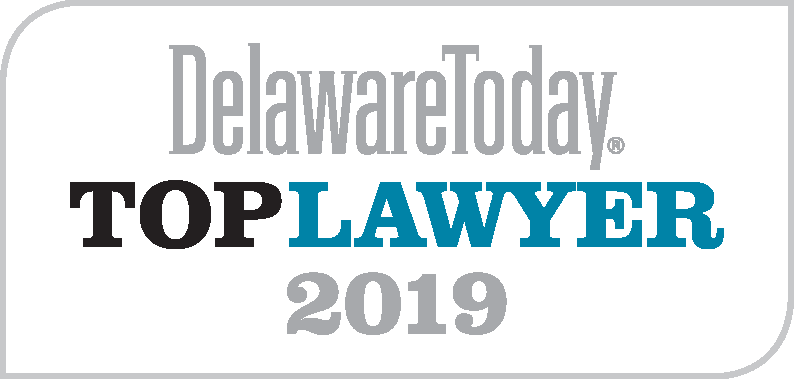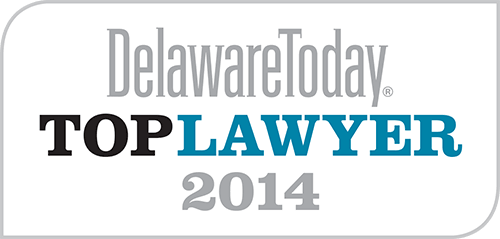Due to the concerns arising from the new COVID-19 (coronavirus) outbreak continuing to spread, employers need to plan how to respond to maintain a safe and healthy work environment. Here are some tips and strategies employers should make.
- Create a Remote Plan
First, all employers should create an Emergency Remote-Work Plan. While business travel at the moment has not been decreased, there is still the possibility that employers should be ready for their employees to work remotely. It is best to gather a team together now as precaution in the event of a wide-scale of quarantines. Employers should map out jobs and tasks that could be affected. This is best done by categorizing different roles into three categories. 1) Jobs that can be done without a physical presence in the office/workplace 2) Jobs that somewhat can be done then 3) Jobs that you are unsure can be completed remotely. Next employers should audit available IT hardware and software to assess the comfort level with different applications and security of the network to protect confidential information. This includes video conferencing and other collaboration/communication platforms. Having a remote plan in place in advance will help your company if an emergency arises.
- Preventive Measures
Next employers should inform employees on preventive measures against spreading of viruses. Employers should educate employees on proper ways of washing hands and what to do if symptoms develop. Communication on these precautions should occur frequently with employees, and employers should hang posters in bathrooms and eating areas on the proper way to stop the spread of germs.
Other preventive measures include sending symptomatic employees home, implementing quarantines for employees returning from high-risk areas, limiting face-to-face meetings, allowing for telework, and temporarily shutting down operations.
One way you can protect employees is to send sick or exposed workers home, if an employer has a reasonable belief that an employee may have been exposed, the employer is within its rights to send the employee home even if she doesn’t feel ill. However, an employer needs to caution that if an employee is singled out based on a protected characteristic, they may pursue a discrimination claim. Employers should ensure that they treat all employees who may have been exposed to the virus equally to avoid such claims.
Employers must balance their obligations to provide a safe workplace as required by the Occupational Safety and Health Act with their obligation to avoid violating privacy and discrimination laws.1
Furthermore, employers should be mindful to not disclose any information regarding the illness of an employee or family member as this information may be protected under the Health Insurance Portability and Accountability Act (HIPAA), the ADA, or both.
- Family and Medical Leave Act (“FMLA”)
Because of complications with the COVID-19, eligible employees may be eligible for time off under the Family and Medical Leave Act (FMLA) leave. Employers should prepare for an increase in FMLA leave requests as well as an increase in administration of FMLA leave during this time. Generally, the FMLA applies only if you, your spouse, your parent, or your child is ill and needs care. An employee who is eligible for leave under the federal Family and Medical Leave Act (FMLA) or similar state and local laws may take time off to recover from and be treated for a serious medical condition or to care for a family member with a serious medical condition. An eligible employee diagnosed with coronavirus may be entitled to FMLA leave if they can obtain the required medical certification from his or her healthcare provider.2 Additionally, under the Delaware Discrimination in Employment Act Practice it is an unlawful employment practice to discriminate against an employee due to their “Family Responsibilities” which means the obligations of an employee to care for any family member who would qualify as a covered family member under the Family and Medical Leave Act [26 U.S.C. § 2601 et seq.]3
- Americans with Disabilities Act (“ADA”)
Although it appears COVID-19 is not a disability under the ADA because it is generally a temporary, nonchronic illness, the ADA also protects against perceived disabilities or association with those with actual or perceived disabilities. Therefore, as a best practice in order to avoid implicating the ADA, Employers should continue to apply leave policies and workplace policies in a legitimate, equitable and neutral manner. Moreover, Employers may not require testing for COVID-19, unless there is a direct threat. Under the ADA a “direct threat” is defined as a “significant risk of substantial harm to the health or safety of the individual or others that cannot be eliminated or reduced by reasonable accommodation.” In determining whether there is a direct threat Employers must look to “(1) the duration of the risk; (2) the nature and severity of the
1 Coronavirus fears at work: What employers need to know, HR Laws, Jan. 31, 2020 http://hrlaws.com 2 Coronavirus fears at work: What employers need to know, HR Laws, Jan. 31, 2020 http://hrlaws.com 3 19 Del. C. § 710 (9) and 19 Del. C. § 710 (k)(1)(2).
potential harm; (3) the likelihood that the potential harm will occur; and (4) the imminence of the potential harm”
Conclusion
Importantly, because the coronavirus outbreak is an emerging and rapidly developing situation, employers should continue to monitor information and recommendations from the CDC, OSHA, the U.S. State Department, and other federal, state, and local government agencies involved in the response.
Employers are encouraged to communicate and work with legal counsel when navigating these complex issues.
Allen and Associates works with Employers to assist with them with issues facing COVID- 19 to ensure compliance with Federal and State laws as well as general legal advice on Labor and Employment issues.


